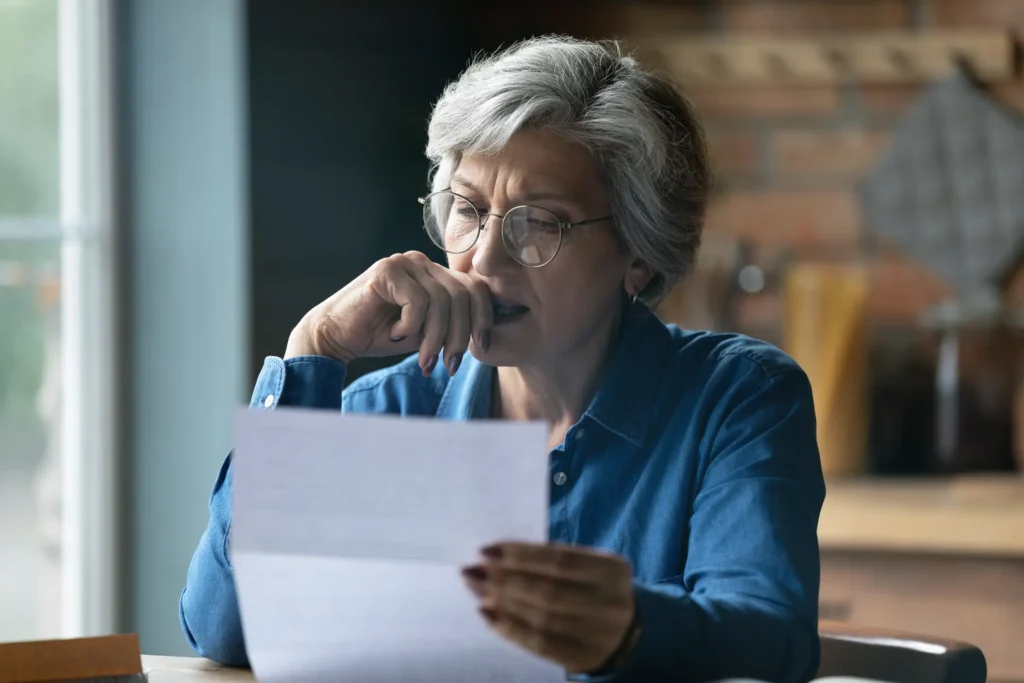Legal Definition
(a) The court shall make an order that determines the persons entitled to distribution of the decedent’s estate and specifies their shares.
(b) When the court order becomes final it binds and is conclusive as to the rights of all interested persons.
Basic Definition
Section 11705: Court Order of Distribution mandates that the court determine the persons entitled to receive a decedent’s estate and specify their shares. The court order is binding once it becomes final.
In-Depth Overview and Use Cases
This section ensures clarity and finality in the probate process by requiring a court order specifying who receives portions of the decedent’s estate. It prevents disputes by clearly identifying the beneficiaries and the proportion of the estate they are entitled to. A typical use case occurs when the probate court issues an order after reviewing the will and any claims against the estate, ensuring the decedent’s intentions are followed. If no will is present, the court will distribute the estate according to state intestacy laws.
Application & Relevance
For probate litigation attorneys, Section 11705 is critical for confirming the legitimacy of distributions. If a beneficiary disputes the distribution, they may challenge the court order. The probate attorney must ensure that any objections to the distribution process are addressed, and that all legal requirements regarding the beneficiaries and their shares are met in court. This section also supports the finality of decisions, reducing potential conflicts over inheritance claims.
Legal Scenario
Trust Litigation: A determination as to the heirs of a decedent’s estate may have an impact on a person’s standing to contest or bring petitions concerning the decedent’s trust.
Probate Code Impact
This section ensures that once the court makes an order specifying the distribution, it is binding, preventing further disputes regarding who is entitled to what share unless contested in court.
Legal Scenario
Estate Disputes: A beneficiary challenges the will’s distribution provisions, claiming the estate executor is misinterpreting the will’s terms.
Probate Code Impact
Section 11705 affirms that once the order is final, it is conclusive, and any disputes regarding the distribution must be raised prior to the order becoming final, securing the resolution of these disputes in probate.












